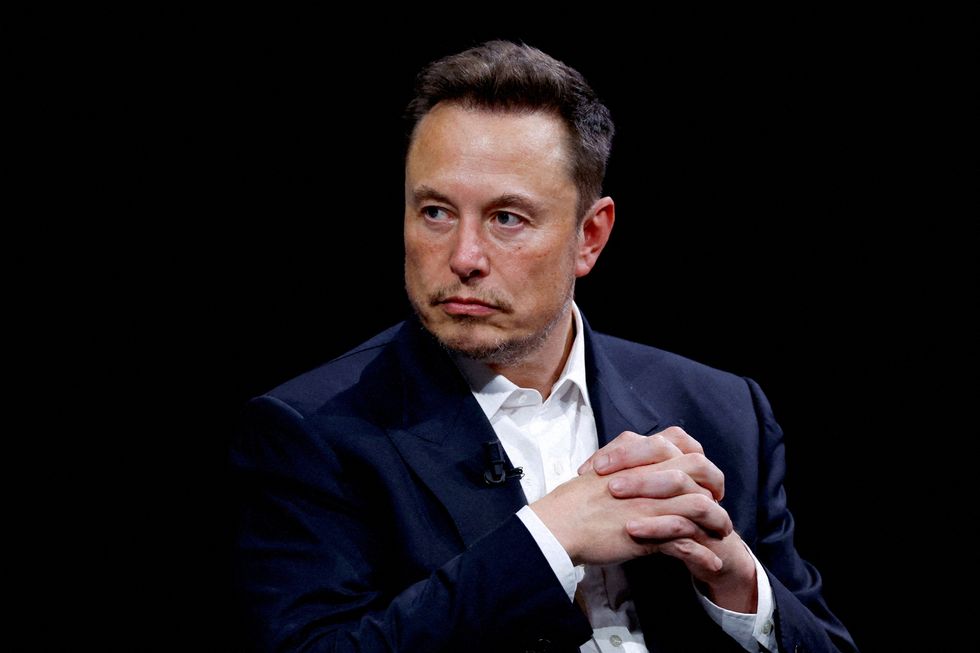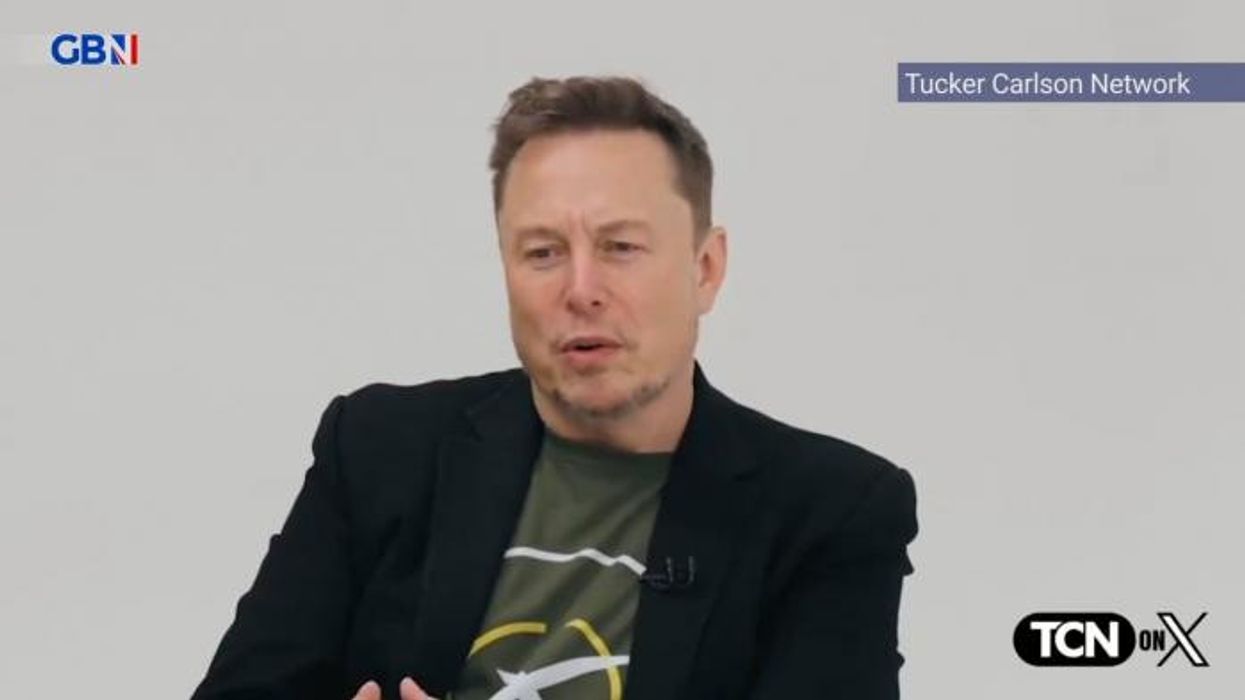Elon Musk shames Britain's 'crazy' electricity prices in fresh attack that doesn't bode well for Starmer
The tech mogul is not a fan of Britain's Labour Government
Don't Miss
Most Read
Elon Musk has slammed Britain's sky-high electricity prices as he launched another salvo at Keir Starmer.
In his latest dig on social media, the world's richest man retweeted a staggering graph showing the average electricity prices for industrial users throughout the world last year.
It showed the UK with the highest costs per megawatt hour (MWh), an astonishing $150 higher than the next country.
Germany was the next most expensive, followed by Italy, France, Japan, Brazil, Turkey and Mexico.
The data comes from before the general election, but Musk has made no secret of his dislike of this country's new Labour Government.
During the anti-immigration protests across the UK in August, Mr Musk predicted civil war in Britain and repeatedly attacked the Prime Minister.
When later asked why he hadn't attended the Government's International Investment Summit he replied: "I don’t think anyone should go to the UK when they’re releasing convicted pedophiles in order to imprison people for social media posts."
Musk is widely expected to play a key role in the new US administration and is very close to President-elect Donald Trump, which could have devastating consequences for foreign investment in, and American tariffs on, the UK.
He previously blasted the UK's justice system, claiming that there is a "shocking amount of censorship" in Britain.
The X, Tesla and Space X entrepreneur told the Tucker Carlson Show: "There's also like a shocking amount of censorship [in the UK].
"I kid you not... how can this be real? They are releasing convicted paedophiles from prison in order to put people in prison for Facebook posts."
Wow, electricity prices are crazy high in the UK and Europe! https://t.co/1lvIHk2kc8
— Elon Musk (@elonmusk) November 7, 2024
But is Elon Musk right - why are UK energy prices so much higher than other countries? Here’s an in-depth look at why energy prices have surged so much more in Britain:
1. Global Gas Market
Global demand for natural gas has risen sharply, particularly in Asia, where countries like China have ramped up their imports to fuel economic growth and power generation. This increased competition has driven up prices.

Elon Musk has repeatedly hit out at Keir Starmer
| ReutersThe COVID-19 pandemic and the Russia-Ukraine war have impacted supply chains and production capabilities. As Russia is a major supplier to Europe, the supply of gas has been affected.
The UK, while importing a fair share of its energy needs as Liquid Natural Gas, faced high global prices as other major consumers like China and Japan competed for resources.
2. Dependence on Gas for Electricity
The UK relies heavily on natural gas to generate electricity. Despite investments in renewables, gas still plays a critical role, particularly during periods when wind or solar output is low. This reliance makes Britain particularly vulnerable to gas price fluctuations.
3. Diminished Domestic Production
The North Sea, once a significant source of oil and gas for the UK, has seen a decline in production over the past decades. This means that the UK has become more reliant on imported gas, which is subject to international market prices.
Meanwhile environmental regulations and policies aimed at transitioning to renewable energy have led to reduced investment in new oil and gas exploration. Labour recently banned new licences for oil and gas production in the UK and has hiked the 'windfall tax' to a 78%, even though energy prices have fallen from their peak. This is deterring investment in the sector with some energy companies now announcing plans to quit the UK, making us more dependent on foreign imports.
4. Infrastructure and Supply Chain Issues
The UK has limited gas storage facilities compared to other European countries. This limits our ability to stockpile gas when prices are lower and makes Britain more susceptible to short-term price spikes.
The infrastructure needed to distribute energy, including maintenance and modernisation costs, adds to the overall price of energy for consumers.
5. Regulatory and Market Structures
The UK Government has an energy price cap designed to protect consumers, but rapid price increases have led to financial challenges for energy suppliers. Many smaller suppliers that could not cope with wholesale price spikes went out of business, further tightening the market.
The Office of Gas and Electricity Markets (Ofgem) sets price caps periodically, but these caps sometimes lag behind actual wholesale price surges, causing strain on suppliers and impacting consumers when adjustments occur.
6. Renewable Energy and Transition Costs
The push towards renewable energy and carbon-neutral policies comes with costs. Subsidies for renewable energy projects and investment in green infrastructure are partially funded by levies on consumer energy bills. While renewable energy is vital for reducing carbon emissions, its intermittency (e.g., windless or cloudy days) means that gas-fired power stations often need to step in, keeping demand for natural gas high.











